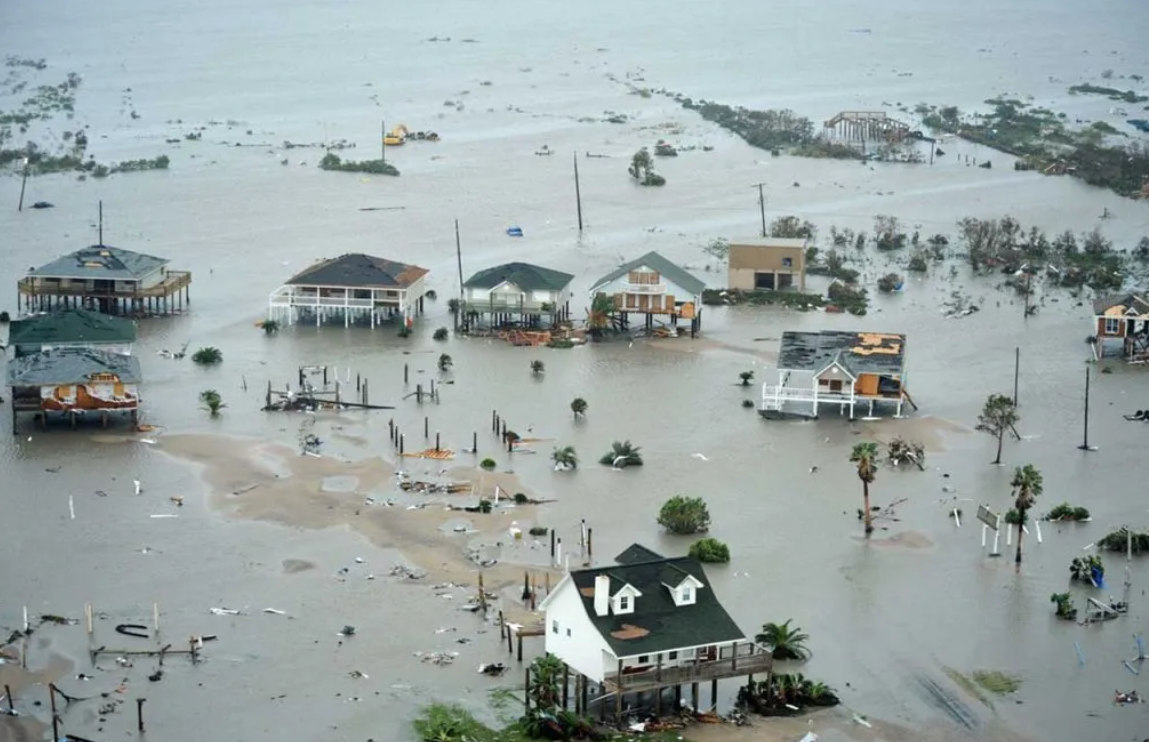As climate change continues to reshape our world, its impact on the insurance industry is becoming increasingly evident. In a groundbreaking move, regulatory bodies are set to scrutinize home insurers in a comprehensive climate-risk study. This article delves into the implications of this study and how it may reshape the landscape of home insurance.
Climate Change and Home Insurance:
The frequency and intensity of natural disasters, such as hurricanes, floods, and wildfires, are on the rise due to climate change. Home insurers are facing unprecedented challenges in assessing and pricing the risks associated with these events.
Regulatory Intervention:
Recognizing the need for a proactive approach, regulatory bodies are launching a study to assess how home insurers are adapting to the changing climate landscape. This intervention aims to ensure the sustainability of the insurance industry in the face of evolving environmental challenges.
Risk Assessment Models:
Traditional risk assessment models may no longer suffice in the era of climate change. The study is expected to evaluate the effectiveness of current risk models employed by insurers and explore the incorporation of climate data into these models for more accurate risk prediction.
Policyholder Impact:
Climate-related risks can have a direct impact on policyholders, ranging from increased premiums to limited coverage options. The study aims to assess how insurers communicate these risks to policyholders and whether there is a need for increased transparency.
Innovation in Insurance Products:
The study provides an opportunity for insurers to innovate and develop new products that better address climate-related risks. From resilient home design incentives to specialized coverage for climate-induced damages, insurers may need to adapt their offerings to stay relevant.
Global Cooperation:
Climate change knows no borders, and its effects are felt globally. The study may highlight the importance of international cooperation among insurers to share data, insights, and best practices in managing climate risks.
Technology Integration:
Technological advancements, such as satellite imaging and artificial intelligence, offer new tools for assessing and mitigating climate risks. The study may explore how insurers are leveraging technology to enhance their risk assessment and response capabilities.
Long-Term Sustainability:
The ultimate goal of the study is to ensure the long-term sustainability of the home insurance industry in the face of climate change. This involves not only adapting to current risks but also anticipating and preparing for future challenges.
The upcoming climate-risk study represents a pivotal moment for the home insurance industry. By addressing the challenges posed by climate change head-on, insurers have an opportunity to redefine their role in a rapidly evolving world. As the results of the study unfold, it is clear that the insurance landscape will be shaped by a collective effort to build resilience in the face of an unpredictable climate future.


